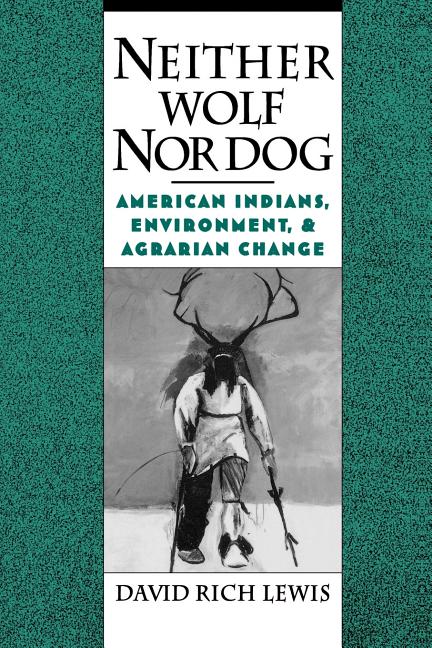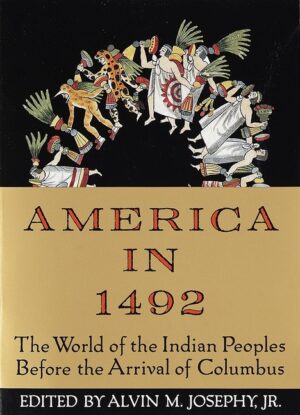An important addition to the growing body of literature about the origins of Native American economic dependency....Recommended for readers at all levels.–
CHOICEThe solid prose in
Neither Wolf Nor Dog reflects thorough research and scholarship....By making American Indians historical actors and by listening to their voices, Lewis makes this a model study.–
Nebraska HistoryAn excellent book....This study will be useful for anyone interested in the agricultural and environmental history of the West. Moreover, much of his study concerns the twentieth century, and it can be used to generalize about the agricultural and environmental experiences of Native Americans throughout the region as they attempted to accommodate a white-controlled world.–
Environmental History ReviewDavid Rich Lewis has written an extraordinarily perceptive analysis of attempts of the United States to force agriculture upon three nineteenth-century Native American tribes....Lewis's book is well-researched, documented, and nicely-written. It will be useful to students and scholars in a variety of disciplines surrounding western American history and Native American studies. I highly recommend the book.–
New Mexico Historical Review[A] highly sophisticated study.–
Utah Historical QuarterlyDavid Richard Lewis's
Neither Wolf Nor Dog provides a richly detailed history...–
Wisconsin Magazine of HistoryNeither Wolf Nor Dog is a splendid book that represents the best in current ethnohistorical writing.–
The Annals of IowaDavid Rich Lewis has produced a rich, interdisciplinary Romparative study....This is an important book....His work strongly suggests even broader inquiry.–
Montana





